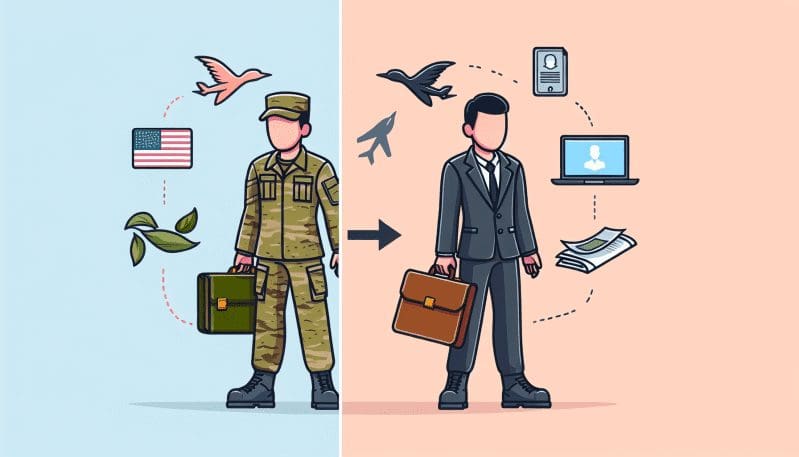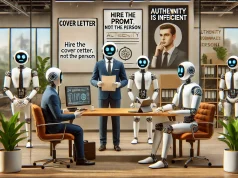As they exchange salutes for handshakes, military veterans face the monumental task of reinventing their resumes for the civilian workforce. This metamorphosis from a military to a corporate identity requires more than just a change of uniform. It demands a strategic translation of military jargon and acquired skills into marketable language that resonates with the corporate sector.
The challenge begins with the lexicon. Terms like ‘platoon leader,’ ‘mission accomplishment,’ and ‘strategic operations’ are commonplace in the military but can often leave civilian employers perplexed. The key to bridging this gap lies in recognizing transferable skills. Leadership, problem-solving, crisis management, and teamwork are the cornerstones of military training and are highly sought after in the civilian workforce. However, narrating these skills on a resume calls for a nuanced approach.
Veterans must learn to articulate their experience in a way that highlights their adaptability, strategic thinking, and unparalleled work ethic. This could mean translating ‘commanded a team of 12 in a high-stress environment’ to ‘led a 12-person team to deliver complex projects under tight deadlines,’ thereby making the experience more relatable to corporate hiring managers.
Corporate responsibility also plays a crucial role in this transition. Employers must actively strive to understand and appreciate the unique skills and perspectives veterans bring to the table. By creating veteran-friendly job descriptions and offering interview guidance, companies can tap into a pool of disciplined and dedicated potential employees.
To assist in this cultural shift, industry experts advocate for resume-writing workshops tailored specifically for veterans. These help in demystifying the corporate vernacular and teach how to draw parallels between military achievements and job requirements in the business world.
There are success stories aplenty—veterans who have skillfully navigated the resume conversion process to secure meaningful careers. For instance, a former logistics officer who now excels in supply chain management for a Fortune 500 company, or an ex-military medic who transitioned into a successful healthcare administrator role. These stories not only serve as inspiration but also as concrete evidence that with the right guidance, the translation from military to civilian resume can not only be achieved but can lead to exemplary careers.
In conclusion, the bridge between military service and a civilian career is built on the mutual understanding and effective translation of skills. For veterans, this means crafting a resume that speaks the language of potential employers. For companies, it’s about recognizing the inherent value and diverse experiences veterans offer. We encourage veterans to invest time in refining their resumes and urge corporations to actively participate in veteran hiring initiatives. Together, we can create a dynamic environment where the discipline, resilience, and leadership of veterans are not only acknowledged but sought after in the civilian workforce.




























